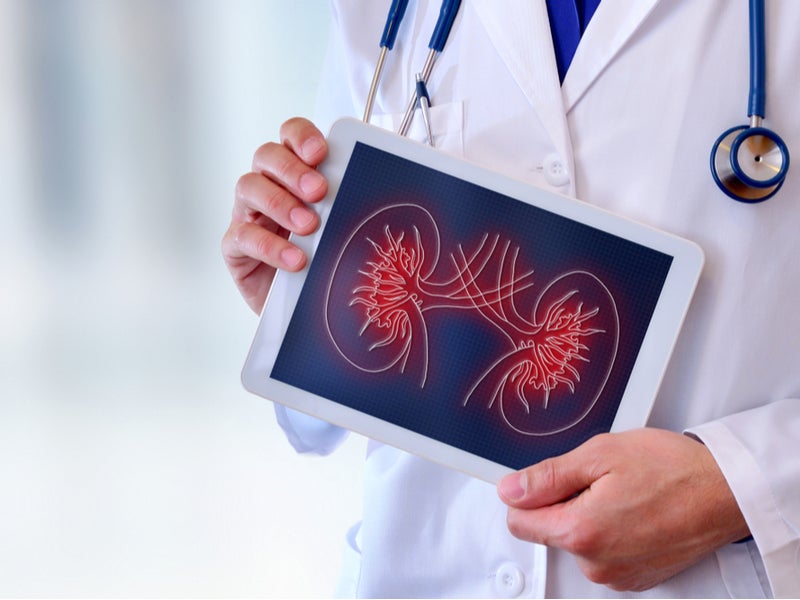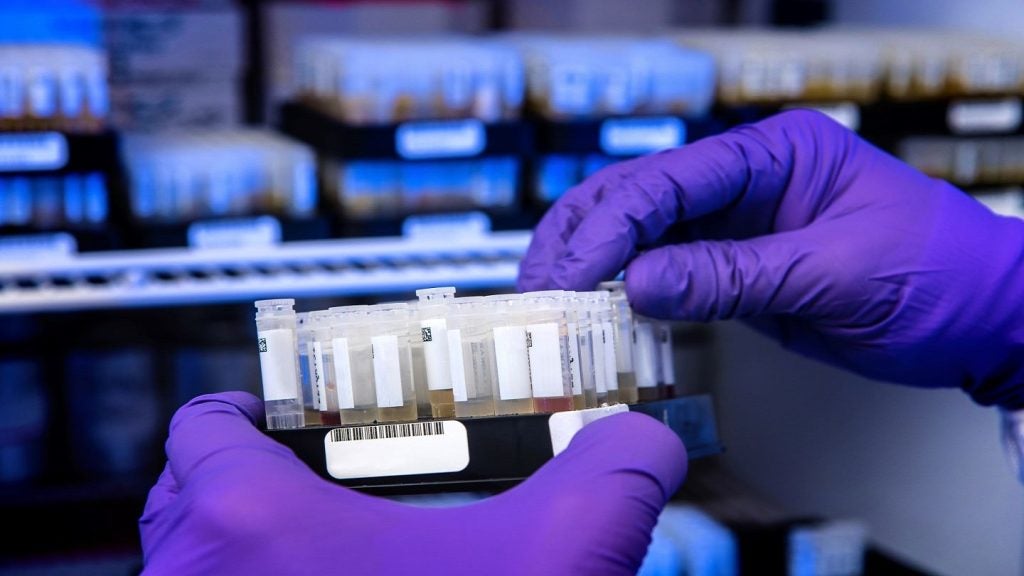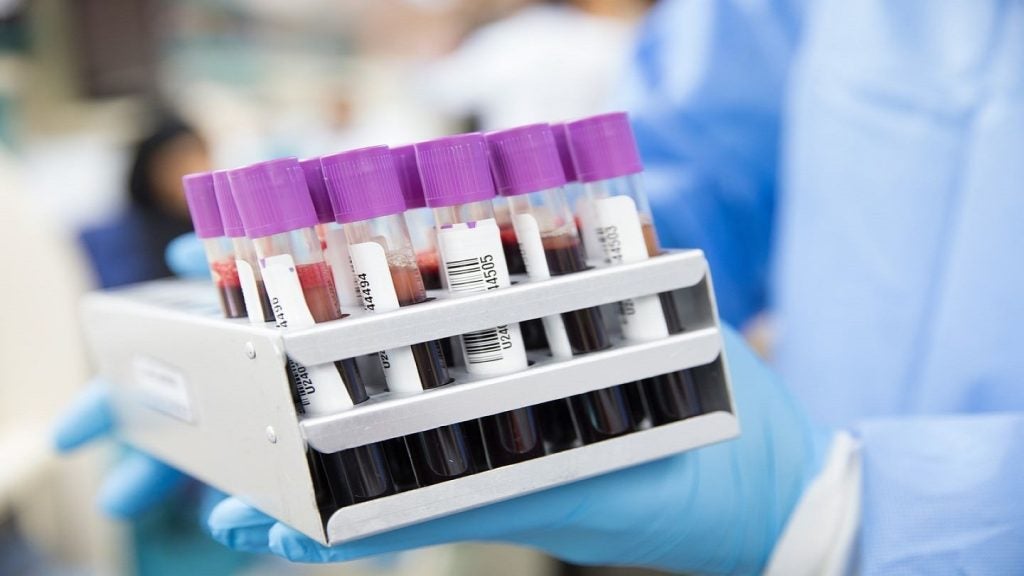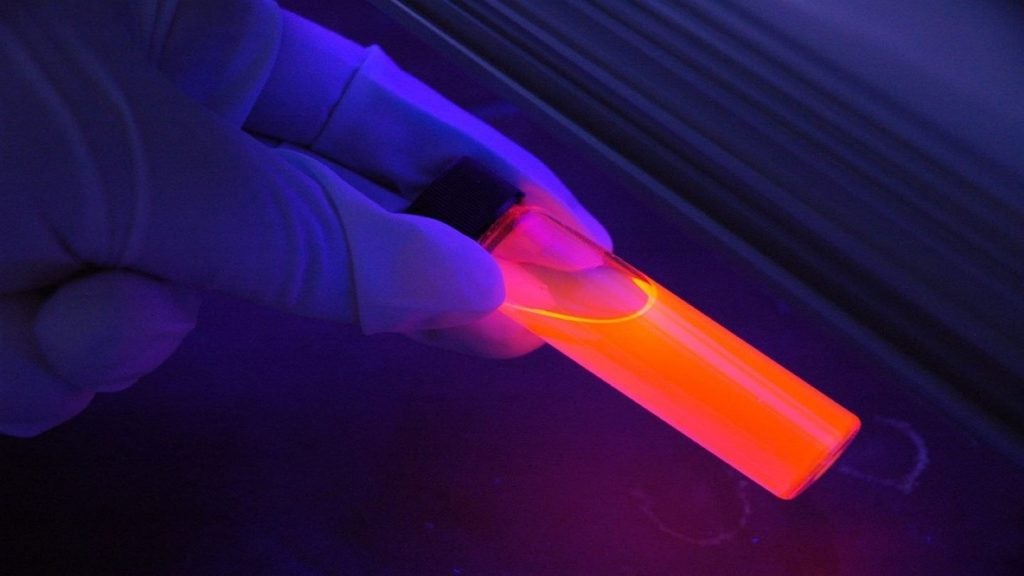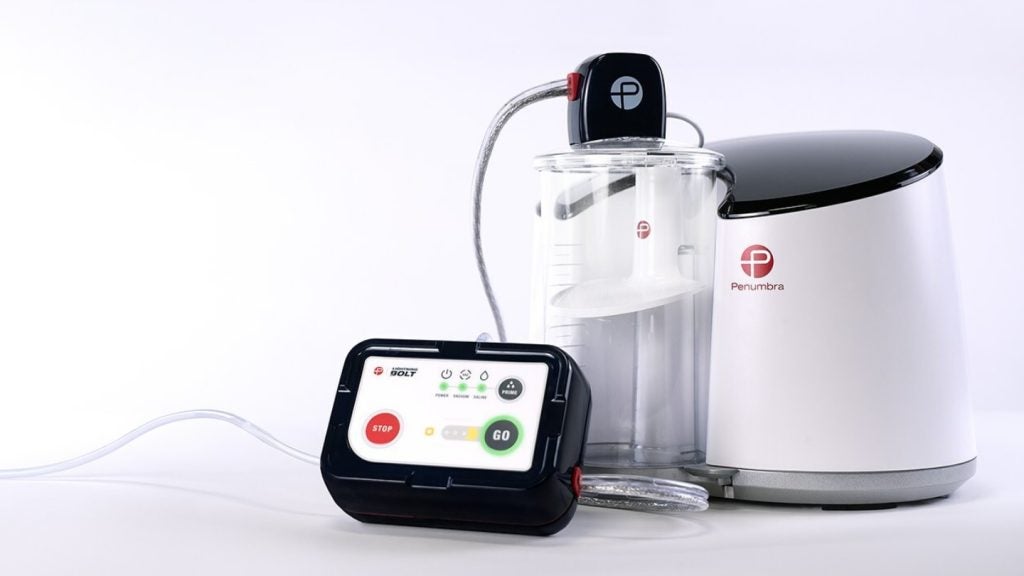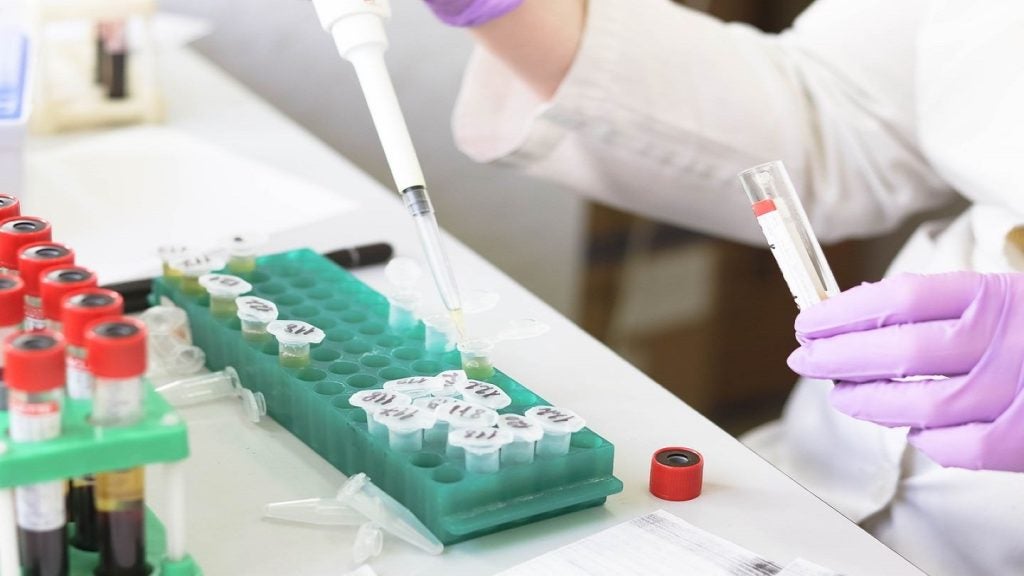The US Food and Drug Administration (FDA) has granted CardioRenal’s potassium measuring device breakthrough device designation.
The Tenor device integrates potassium measuring technology with an app and cloud capabilities to provide remote potassium analysis monitoring for patients living with chronic kidney disease.
According to Grenoble, France-based CardioRenal, the device is designed to be easily used by elderly patients in a range of locations and provide results in less than five minutes.
Remote monitoring is a fast-growing market – GlobalData predicts it will be worth $760m by 2030. Tenor, designed to be used with the FDA-cleared Tasso blood collection device, will aid those living with chronic kidney disease by allowing doctors to remotely access data gathered by the patient.
If a patient’s potassium levels exceed predefined clinical parameters, the fluctuation can be controlled and normalised by clinicians or caregivers who are notified by the system. The software’s artificial intelligence (AI) component facilitates optimisation of treatment.
"[The designation] will boost our efforts in bringing the Tenor device to the millions of patients who need it,” said Maurice Bérenger, CardioRenal’s CEO. “We look forward to working closely with the FDA to start our clinical trials later this year.”
It is estimated that there were nearly 698 million cases of chronic kidney disease in 2017. Fluctuations in blood potassium levels are a common side-effect, leading to cardiovascular complications – causing approximately 30% of deaths in patients living with the disease. GlobalData predicts the nephrology and urology devices market to be worth $13.2bn by 2030.
In January 2023, the company received FDA breakthrough designation for its RenalGuard device – designed for preventing acute kidney injury (AKI) in people who are at risk of developing Cardiac Surgery Associated AKI (CSA-AKI).


